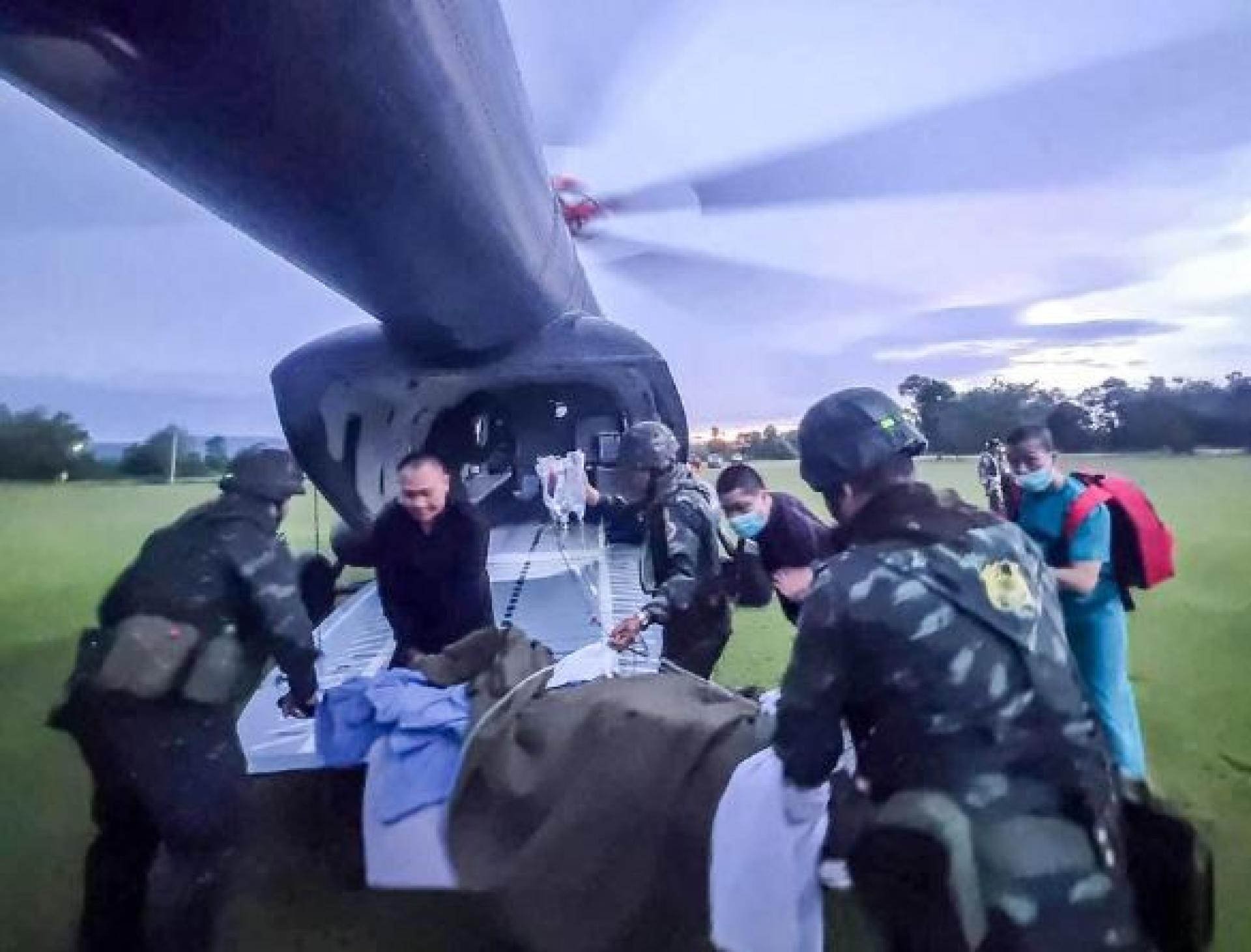(Bangkok/Phnom Penh, 14th)—It has been over two weeks since Thailand and Cambodia reached a ceasefire agreement on July 29. Although both sides have temporarily stopped armed clashes, verbal spats continue, and several Thai soldiers have recently been injured by landmines while patrolling the border, causing renewed tension in the region. Analysts generally believe that the ceasefire, brokered by external forces, is extremely fragile, lacking genuine compromise from both parties, while the landmine issue remains a potential flashpoint.
On July 24, Thailand and Cambodia broke out into their most intense armed conflict in decades along the border, resulting in hundreds of casualties. After then-U.S. President Donald Trump applied pressure through trade negotiations, the leaders of both nations accepted the mediation of ASEAN’s rotating chair Malaysia. On July 28, they held talks in Malaysia and agreed to an unconditional ceasefire the following day. However, since then, both sides have repeatedly accused each other of violating the agreement.
Tita Sanglee, an associate fellow at Singapore’s ISEAS—Yusof Ishak Institute, noted that the ceasefire agreement lacks genuine concessions and compromise, with tensions likely to flare up again at any moment. She stated, “The question is not whether tensions will rise again, but when.”
On August 7, the Thai-Cambodian Joint Border Committee reached a consensus on the details of the ceasefire and signed an agreement in Kuala Lumpur. However, subsequently, two Thai soldiers were injured after stepping on landmines, for which the Thai side blamed Cambodia. Cambodia denied the accusation, but the landmine issue—long a matter of contention—continues to be seen as a possible trigger for renewed conflict.
Wanwichit Boonprong, assistant professor at Rangsit University in Thailand, bluntly stated that he does not believe Cambodia will adhere to the ceasefire agreement and warned that Cambodia may provoke new conflicts. Paul Chambers, a visiting fellow at the ISEAS—Yusof Ishak Institute, emphasized that the lack of mutual trust will make it extremely difficult for the agreement to hold.
Dr. Lin Weicai, deputy director of the Center for Southeast Asian Studies at the Royal University of Phnom Penh, pointed out that the Thai military and government hold differing stances on the Cambodian issue, sending confusing signals and increasing the risk of misjudgment. He believes that regional monitoring mechanisms, such as ASEAN observers, can help ensure the agreement is implemented, but ultimately, it will depend on the attitudes of Cambodia’s Hun family and the Thai military.
